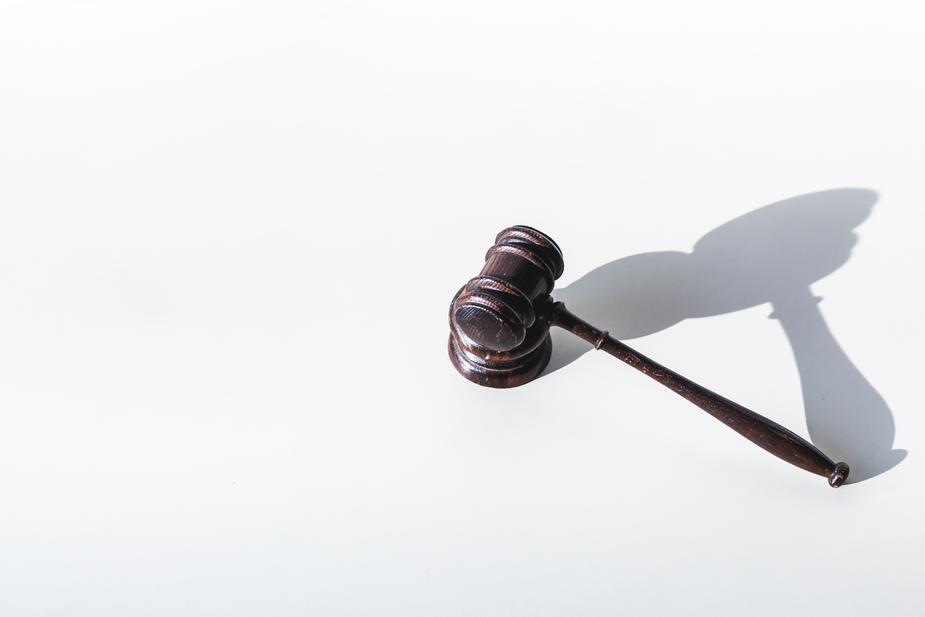
14 May Invoking the 5th Amendment in Arizona
In our previous two posts, we talked about how the landmark Miranda v. Arizona ruling extended the right to remain silent to all potential suspects upon arrest and interrogation outside the courtroom. Originally, however, this right was only applied through the 5th Amendment to a defendant being questioned in the courtroom. Todd Coolidge of Coolidge Law Firm is a criminal defense attorney in Arizona with over 25 years of courtroom experience. With that experience, we’d like to answer a few questions you may have about pleading the 5th.
When Should a Defendant Invoke Their 5th Amendment Right?
There are several clauses included in the Fifth Amendment that outline limitations on police procedure. It is the third clause that famously states, “[No person]… shall be compelled in any criminal case to be a witness against himself…” That means, if by testifying in court your words incriminate you, you can choose to decline the line of questioning by saying something like, “I invoke my privilege against self-incrimination under the fifth amendment to the US Constitution. On that ground, I will not answer that question.”
It is unlikely that a defendant would take the stand not knowing whether their case strategy is to plead the fifth. When you hire an experienced criminal defense attorney in Arizona to represent you, he/she will see ten steps ahead and advise you when to plead, if the time comes.
Does Pleading the Fifth Imply Guilt?
Contrary to popular belief, pleading the fifth does not imply the guilt of the party in question. Often, attorneys advise their clients to plead the fifth, believing that the testimony of their client might be misunderstood, or their words may be used against them. You see, once a defendant is up on the stand, it is the prosecution’s job to prove guilt. And they will stop at nothing to piece the facts and physical evidence together in order to attempt to incriminate.
But what about the jury? Won’t they interpret the silence of a defendant as guilt? In the 2001 case Ohio v. Reiner, the U.S. Supreme Court held that, “A witness may have a reasonable fear of prosecution and yet be innocent of any wrongdoing. The [Fifth Amendment right against self-incrimination] serves to protect the innocent who otherwise might be ensnared by ambiguous circumstances.” This ruling, therefore, prohibits jurors from taking guilt into consideration when a defendant to pleads the fifth.
If you or a loved one ever find yourselves in need of a criminal defense attorney in Arizona, look no further than Todd Coolidge. His 25 years as a criminal law specialist mean that his knowledge of trial law is rock solid, and his experience in winning cases is proven. Contact Coolidge Law Firm today and let us discuss a possible defense for you.
Photo by Matthew Henry from Burst (5/14/2018)


